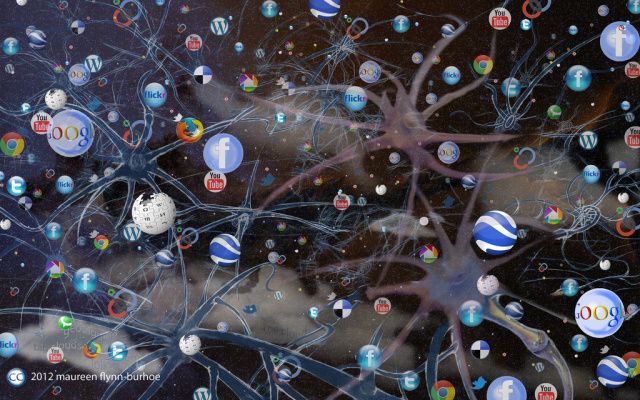by Cathleen O’Grady — ARS Technica
If you’ve ever lived with roommates, chances are you shared a “transactive” memory system with them. One person might have remembered to pay the bills, while another knew the contact details of the plumber. It’s common to find social systems that share the information needed by a group across all the members of that group. Systems like these make life easier for individuals, who need only keep track of who knows which nugget.
Transactive memory systems are a common feature of human social groups, but they can be technological, too—and in the case of the Internet, the relationship can be a pretty powerful one. There are already indications that we treat the Internet like a transactive memory partner, remembering only where to find information, rather than the content itself. But could we also be blurring the boundary between our own internal knowledge and the easily accessed knowledge available via search engines? A group of researchers at Yale University think that we are. Read more
